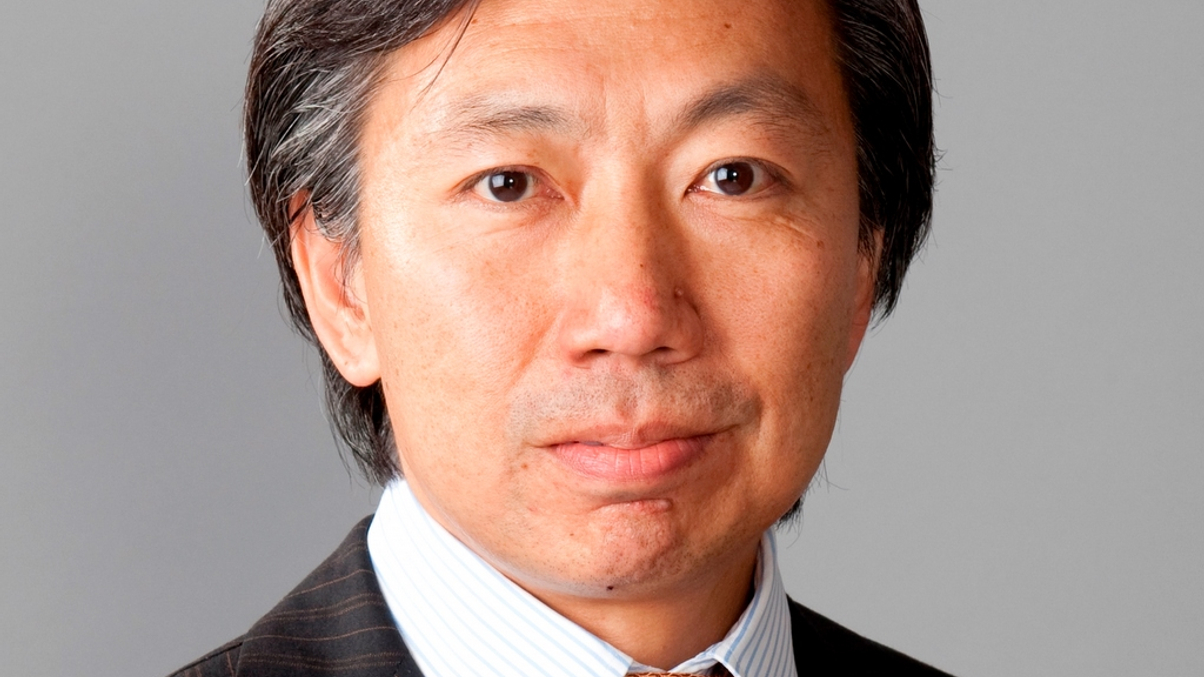Barclays Capital builds e-trading business in Asia
After Michael Kim has helped establish the bank's platform in Japan, he will move to Hong Kong later this year to work on the set-up there.

One of the latest movers into electronic trading in Asia, Barclays Capital, is looking to mount a challenge in what is a nascent business in the region.
Sign in to read on!
Registered users get 2 free articles in 30 days.
Subscribers have full unlimited access to AsianInvestor
Not signed up? New users get 2 free articles per month, plus a 7-day unlimited free trial.
¬ Haymarket Media Limited. All rights reserved.


